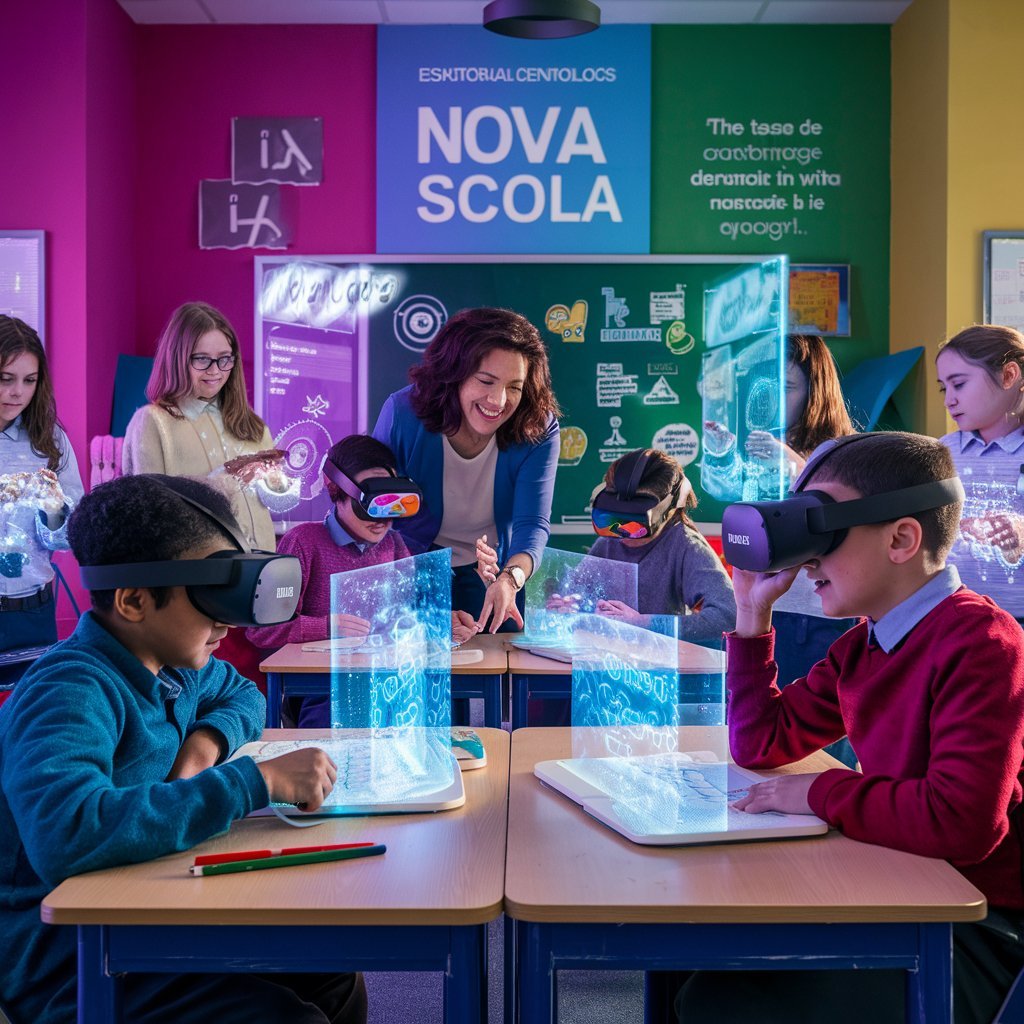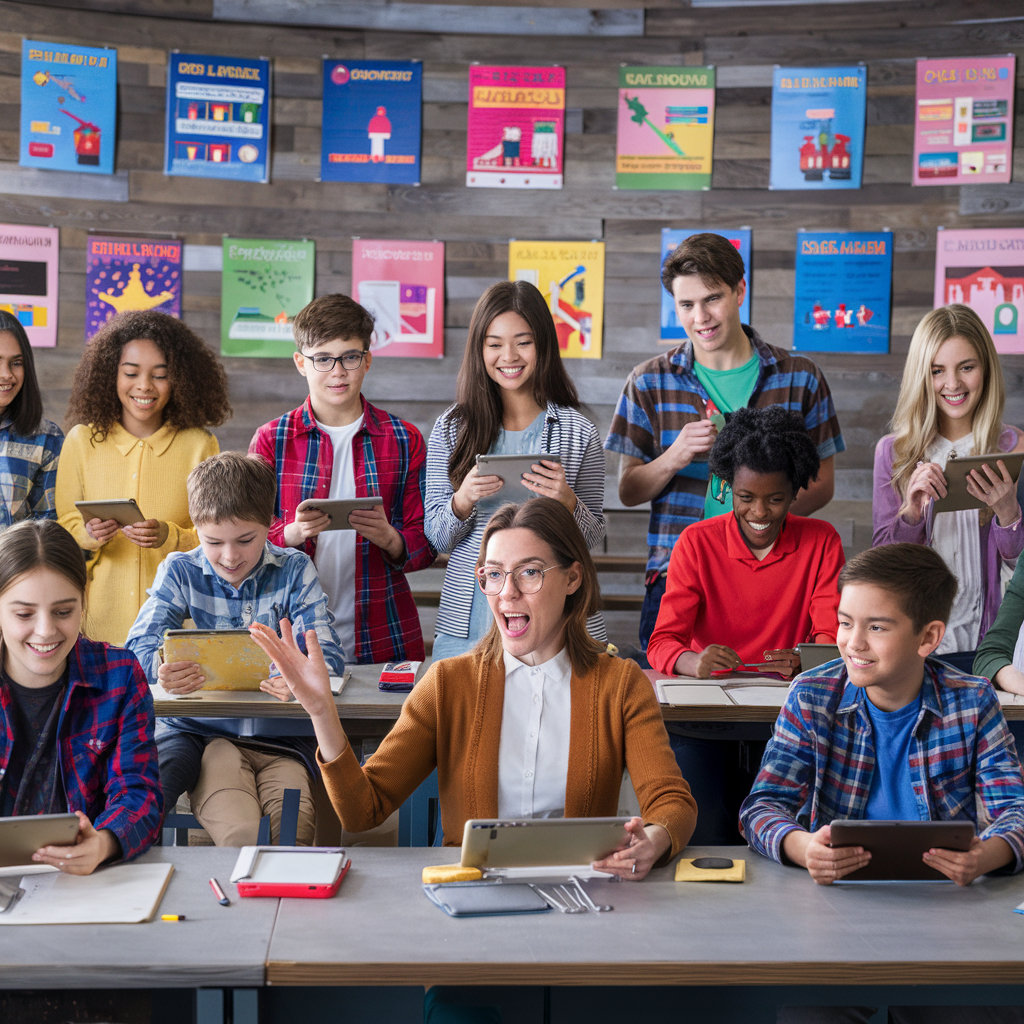The traditional education system, largely unchanged for over a century, is undergoing a radical transformation as new pedagogical approaches, technologies, and societal needs emerge. At the forefront of this revolution is Nova Scola—a visionary concept that reimagines learning as a dynamic, student-centered, and future-focused experience. Moving beyond rigid curricula and standardized testing, nova scola embraces interdisciplinary learning, emotional intelligence, digital fluency, and real-world problem-solving. This article explores the principles of Nova Scuola, its potential impact on students and educators, and how it could shape the future of education in an increasingly complex world.
1. The Philosophy of Nova Scuola: Beyond Rote Memorization
Nova Scuola represents a fundamental shift from passive learning to active engagement. Unlike traditional models that prioritize memorization and standardized assessments, this approach emphasizes critical thinking, creativity, and adaptability. Drawing inspiration from progressive education pioneers like Maria Montessori and John Dewey, Nova Scuola fosters curiosity rather than compliance.
Classrooms become collaborative spaces where students explore concepts through project-based learning, Socratic discussions, and hands-on experimentation. Teachers transition from lecturers to facilitators, guiding learners in constructing knowledge rather than dispensing it. By valuing process over perfection, Nova Scuola prepares students not just for exams, but for lifelong learning in a rapidly evolving society.
2. Technology as an Enabler, Not a Distraction

In the Nova Scuola model, technology is seamlessly integrated to enhance—not replace—human interaction. Virtual reality (VR) immerses students in historical events or scientific phenomena, while artificial intelligence (AI) provides personalized learning pathways tailored to individual strengths and weaknesses. Blockchain could secure academic credentials, and collaborative platforms like Miro or Notion enable global classroom connections.
However, Nova Scuola also addresses digital wellness, teaching students to navigate misinformation, manage screen time, and use technology ethically. Unlike the rushed adoption of edtech during remote learning, this approach thoughtfully blends digital tools with tactile experiences, ensuring that innovation serves pedagogy rather than dictating it.
3. Emotional Intelligence and Holistic Development
Academic achievement alone is no longer sufficient in a world that values empathy, resilience, and teamwork. nova scola embeds social-emotional learning (SEL) into its core curriculum, with practices like mindfulness, conflict resolution, and peer mentoring. Students engage in regular self-reflection, setting personal goals beyond grades—such as communication skills or leadership development.
Educators receive training in trauma-informed teaching to support diverse learners, including those with anxiety or neurodivergence. By prioritizing mental health and interpersonal skills, Nova Scuola cultivates well-rounded individuals equipped to thrive in both professional and personal spheres.
4. Democratizing Education: Accessibility and Inclusion

Nova Scuola challenges systemic barriers by designing learning environments for all. This includes:
-
Universal Design for Learning (UDL): Flexible lesson plans that accommodate different learning styles (visual, auditory, kinesthetic).
-
Language Inclusivity: Multilingual resources and support for non-native speakers.
-
Socioeconomic Equity: Free digital resources, community partnerships, and hybrid models to bridge the digital divide.
-
Neurodiversity: Sensory-friendly classrooms and alternative assessment methods (e.g., portfolios instead of timed tests).
Such measures ensure that Nova Scuola isn’t a privilege for the few but a transformative force for every learner, regardless of background or ability.
5. Preparing for the Future of Work
With automation disrupting traditional careers, Nova Scuola prioritizes skills like adaptability, entrepreneurship, and cross-cultural collaboration. Students might work on real-world challenges—designing sustainable cities, coding apps for local nonprofits, or debating ethical AI—with feedback from industry experts.
Micro-credentials replace rigid degree tracks, allowing learners to stack competencies in areas like data literacy or green technologies. Partnerships with businesses and universities create apprenticeship pipelines, blurring the line between education and employment. By aligning with the gig economy and globalized workforce, Nova Scuola ensures graduates aren’t just job-ready but future-proof.
Conclusion
Nova Scuola is more than an educational reform; it’s a cultural reset. By centering on curiosity, compassion, and real-world relevance, it empowers students to become agile thinkers and proactive changemakers. While implementation challenges exist—resisting bureaucratic inertia, securing funding, and retraining educators—the potential rewards justify the effort. As we confront climate crises, technological upheaval, and social fragmentation, Nova Scuola offers a blueprint for nurturing generations capable of turning challenges into opportunities. The classroom of tomorrow isn’t a distant dream; it’s a vision we can start building today.
